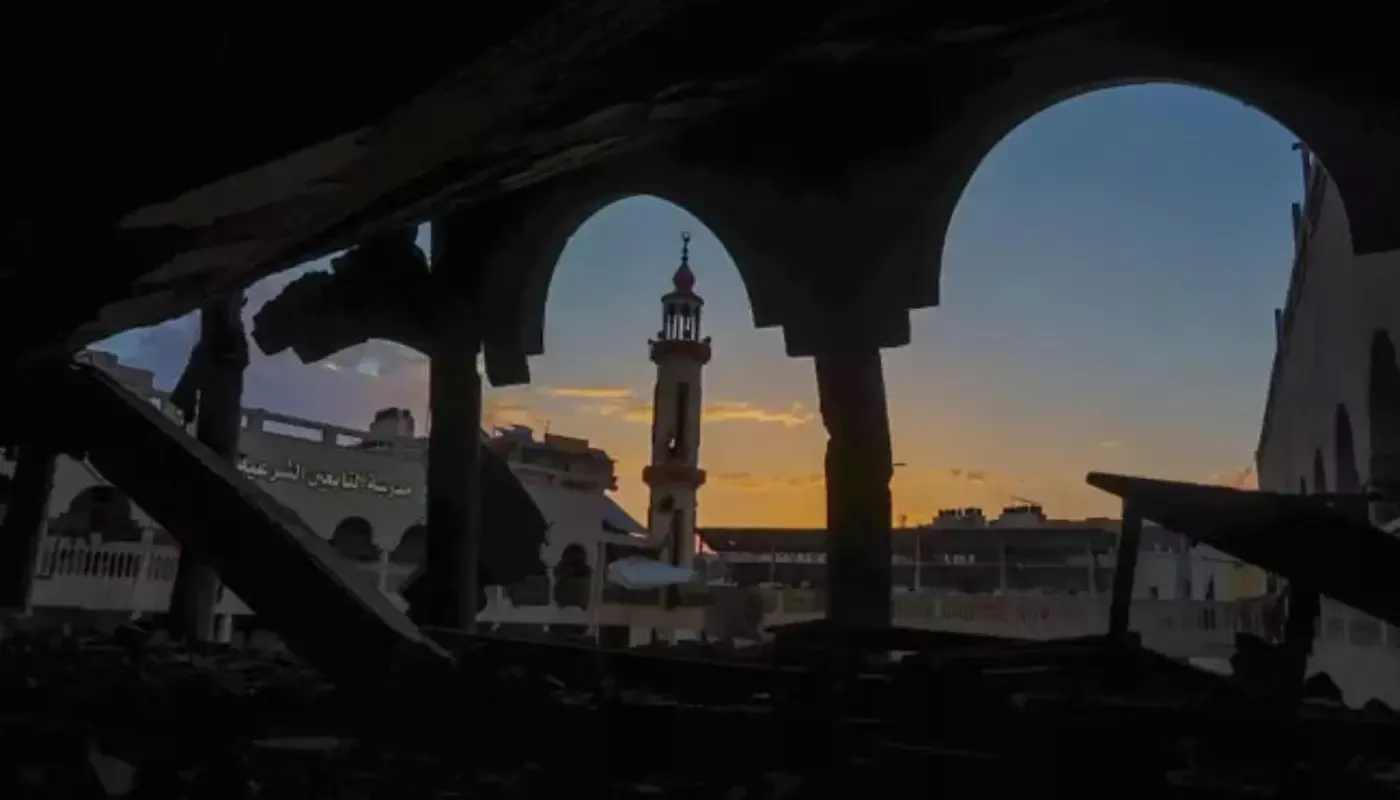
On the night of March 18, the Israel Defense Forces (IDF) announced that it had carried out several airstrikes on the Gaza Strip targeting Hamas's mid-level commanders and its infrastructure. According to The Times of Israel, these strikes were carried out based on the necessity for the Israeli government to take "decisive measures" against Hamas.
According to the IDF, the strikes launched during the war targeted members of Hamas's political bureau and military sites. Operations conducted in conjunction with the Shin Bet security service were a response to Hamas's actions, and due to the deepening situation, it was decided to deliver a powerful blow.
Under the instructions of Israeli Prime Minister Binyamin Netanyahu and Defense Minister Israel Katz, the military was ordered to take decisive measures against Hamas. This decision is deemed necessary and predetermined to ensure Israel's security, and strikes are currently ongoing with the possibility of expansion in future phases.
Casualties and Risks
Reports indicate that over 300 people have been killed as a result of Israeli airstrikes, with thousands injured. According to the health ministry in the Gaza Strip, which is under Hamas control, many of the deceased are children. This strike particularly affected schools in the Al-Daraj neighborhood of Gaza City and the local population of Rafah. Local residents have moved north to escape the dangers and precarious situations.
One of the Hamas leaders, Izzat ar-Rishq, referred to Israel's attacks as a "death sentence" and emphasized the resulting loss of basic human rights and the pursuit of peace. According to him, Israel has chosen war and has not succeeded in achieving peace.
Decisions Made
Efforts have been made to extend the ceasefire agreement between Israel and Hamas after the first phase, which was set to take place on January 19. During the subsequent period, conditions and competitions were held, but the second phase of negotiations has not yet begun. During the first phase of the ceasefire, 33 Israeli soldiers were taken hostage, while Hamas released nearly two thousand Palestinians.
The existing problems between Israel and Hamas and their military reactions are raising greater frustrations and human rights issues. The development of this situation requires further ongoing agreements, reducing human casualties, and ensuring mutual freedom, which is complex and needs attention.
Photo: Omar Al-Qattaa / AFP / Scanpix / LETA